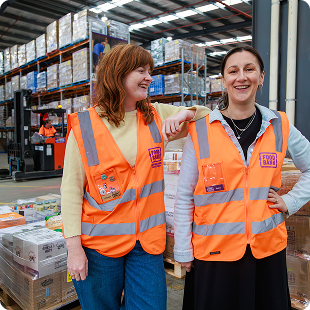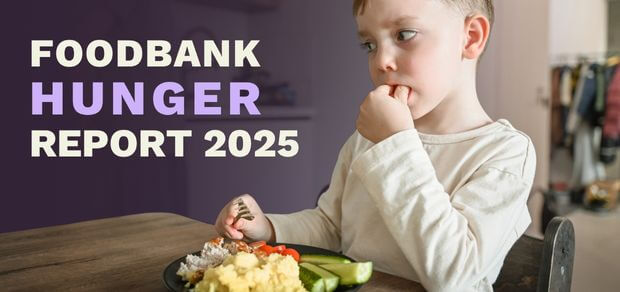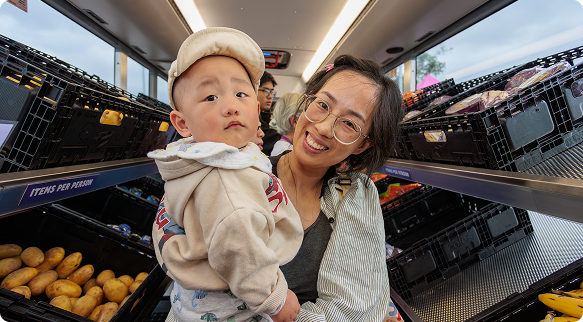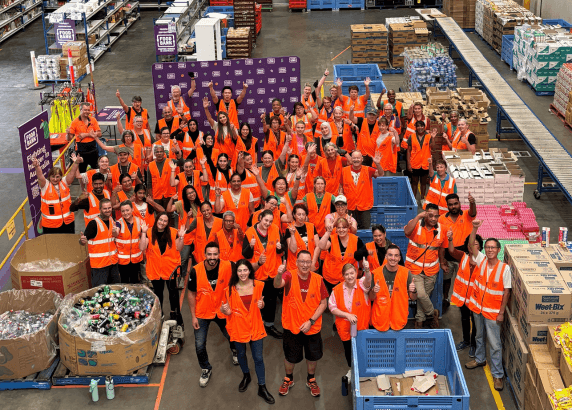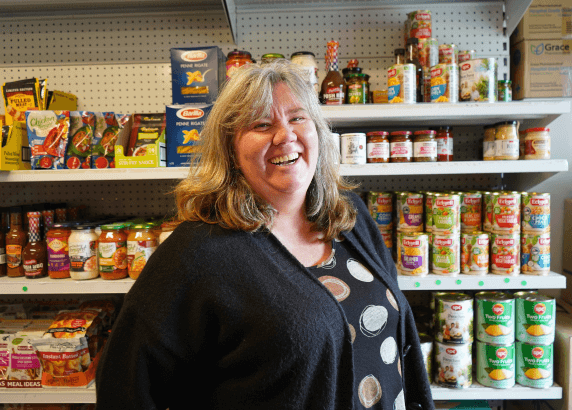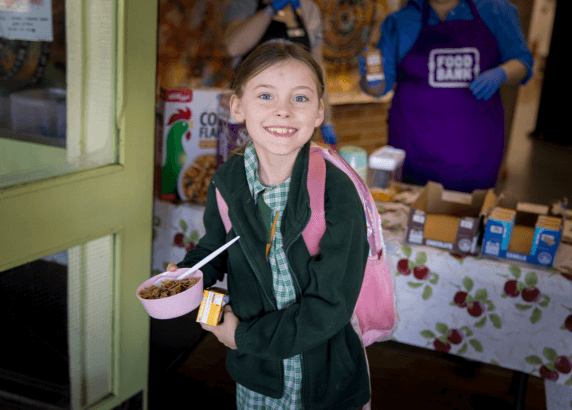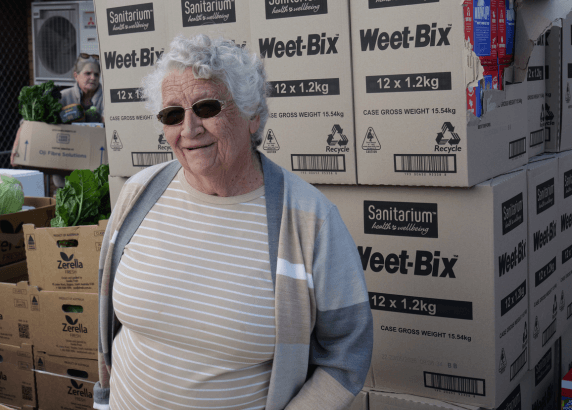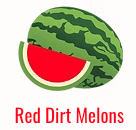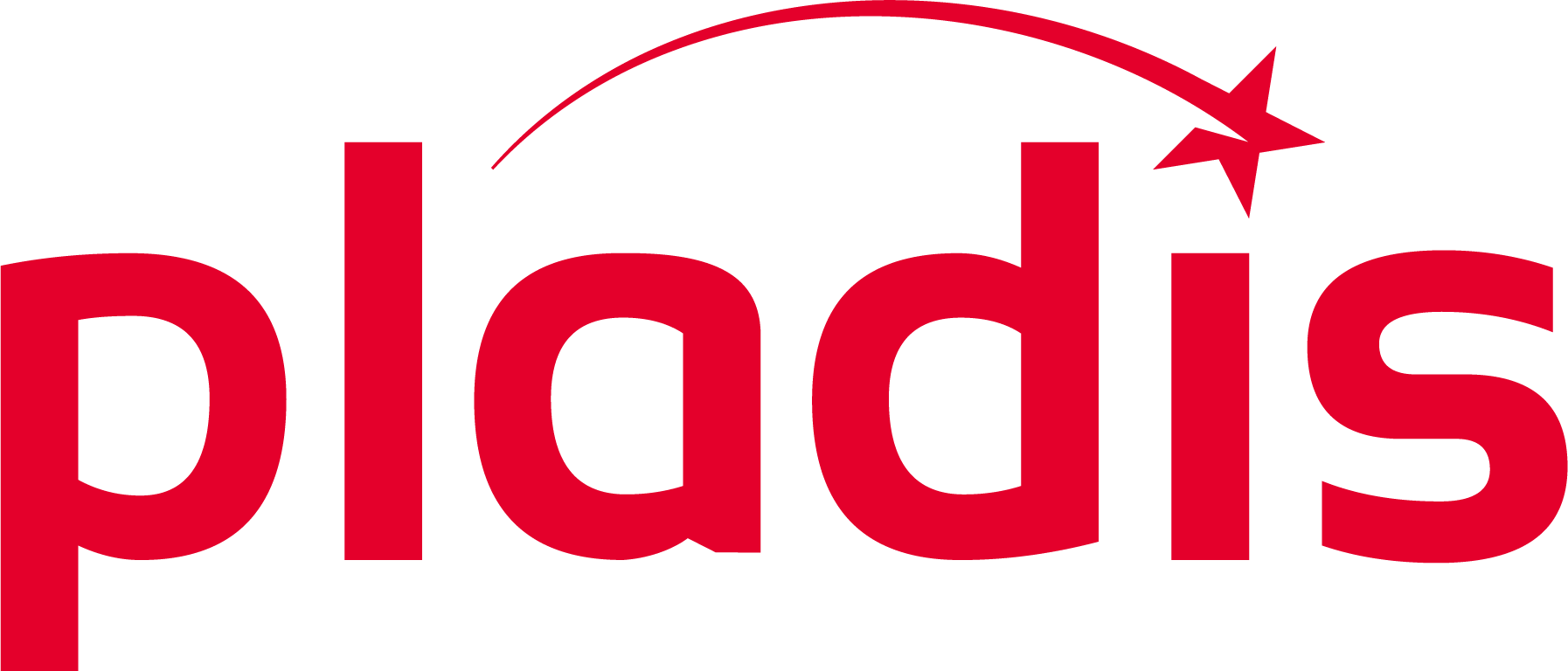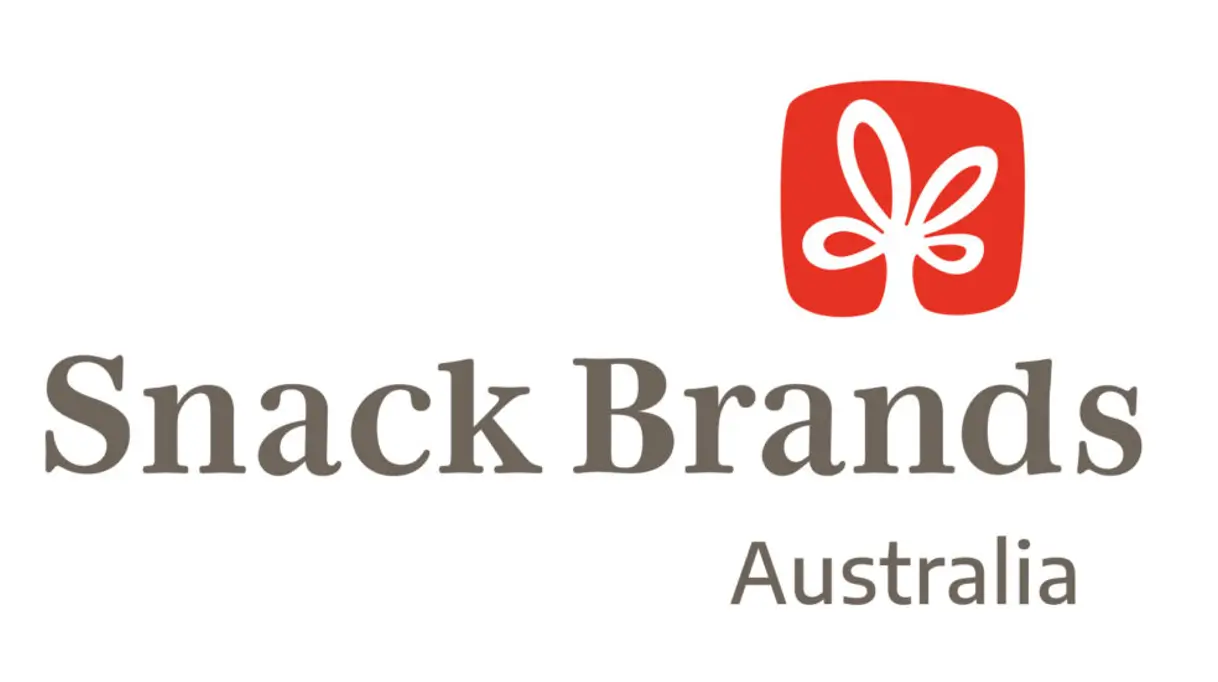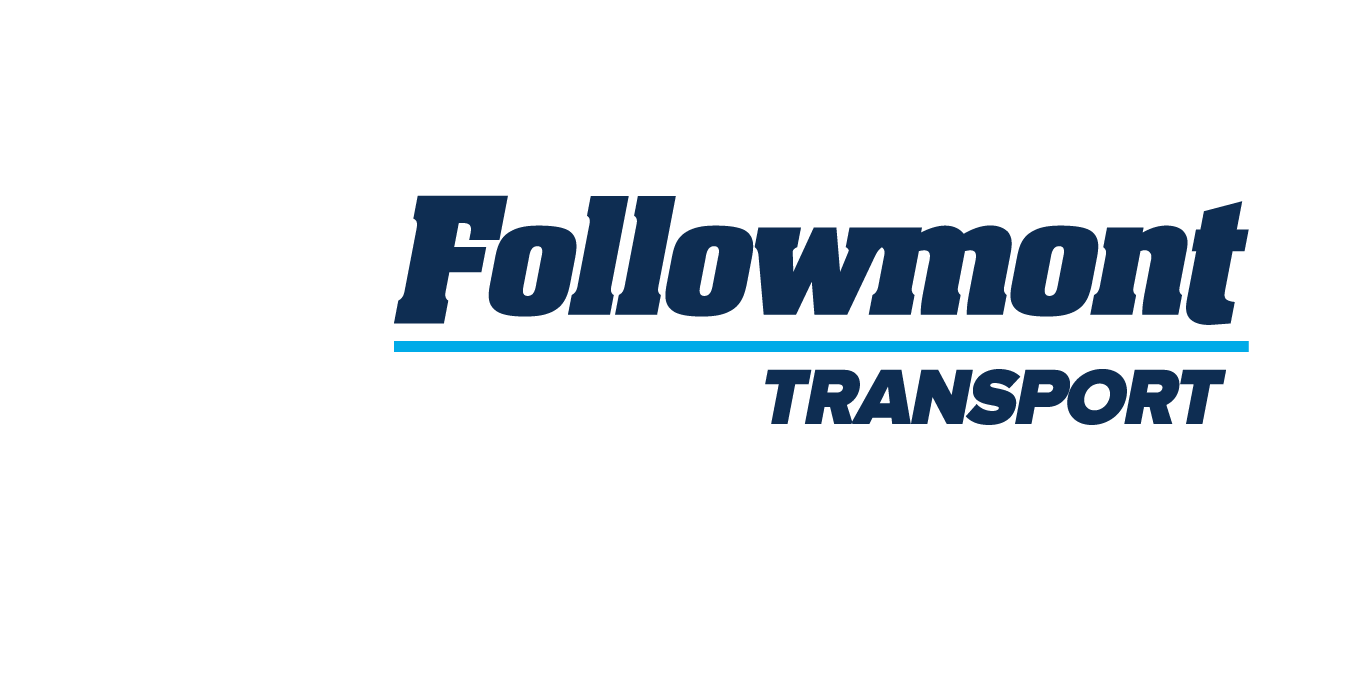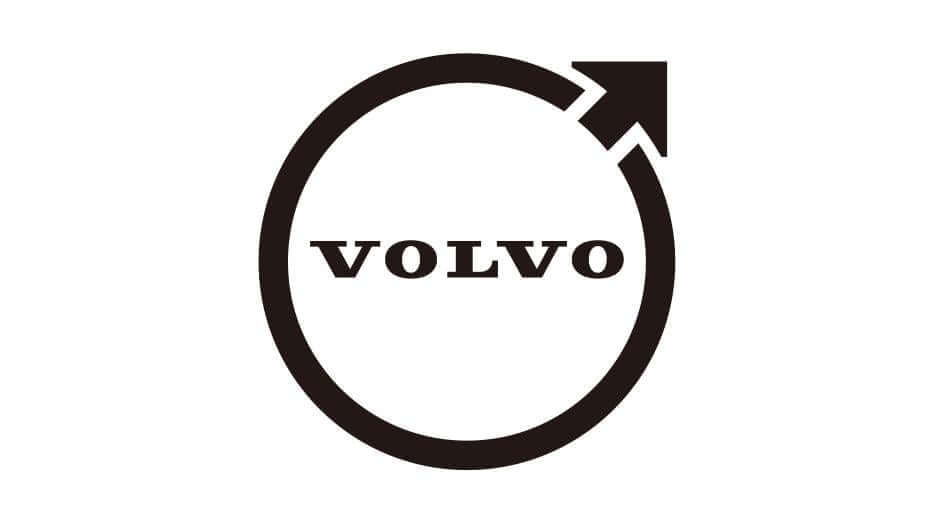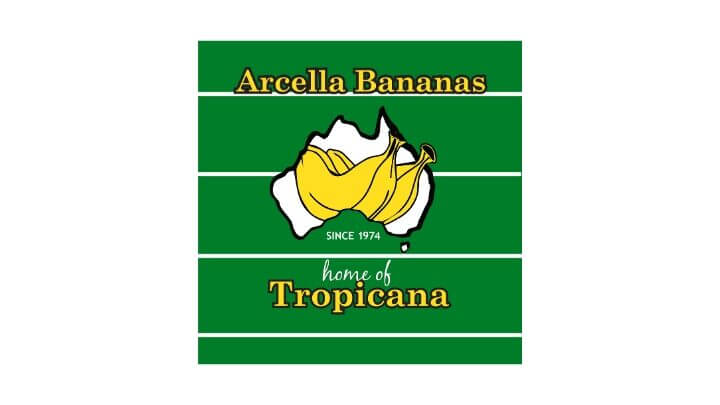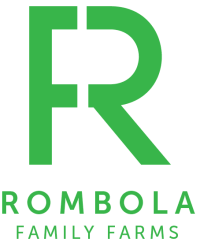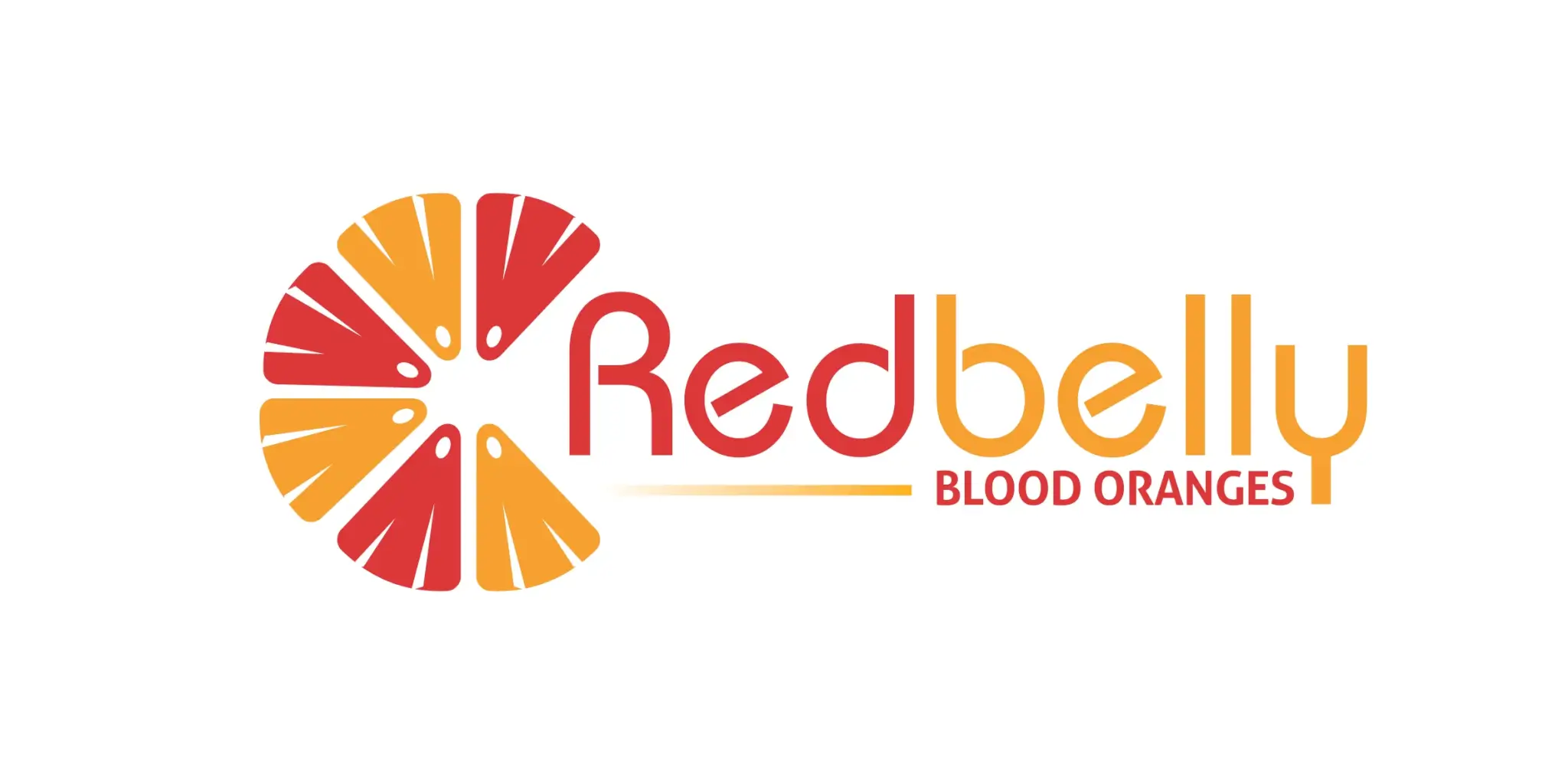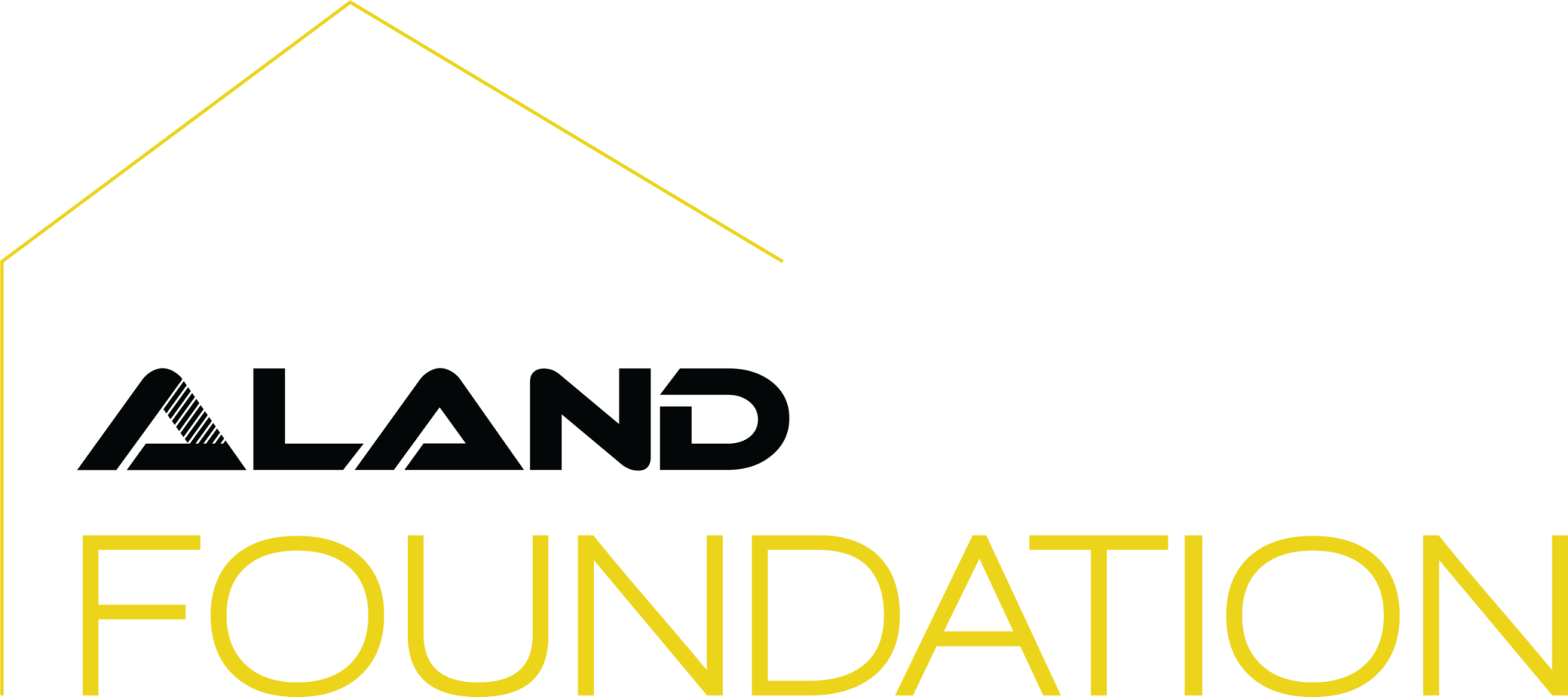Find Food support
Tell us where you are and we’ll find help
We believe everyone should have access to good quality food.
Foodbank NSW & ACT is the state and territory’s largest food relief organisation providing much-needed food assistance to individuals and families through our network of community partners across NSW and the ACT.
We’re here for the everyday Australians who are going without.
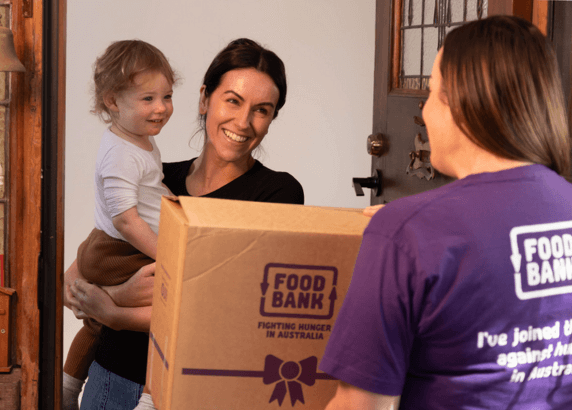
Make a donation
A donation can change a life, learn about the different ways you can donate
Learn more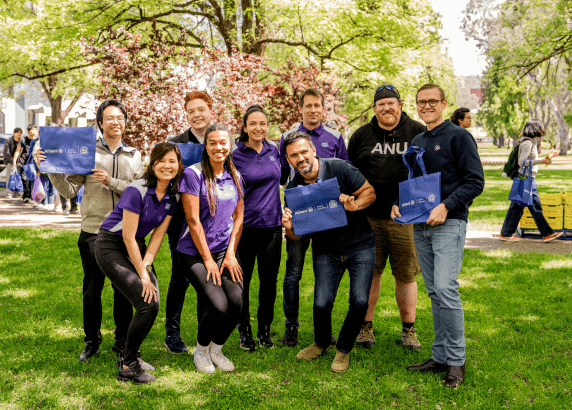
Partner with us
Your organisation can play a powerful role in that impact we make everyday.
Learn more

Fundraise for us
Every $1 you raise provides two meals for those in need, proving that every fundraiser helps create real impact.
Learn more
Who we help
One dollar makes two meals
Hear from our community

Survivors R Us
“The true reward lies in the smiles I witness and the hope we ignite every day.”
Read all storieskg of food and groceries sourced
Equivalent meals sourced
Charities Supported
School Feeding Programs Supported
Social Return On Investment (SROI)
Interested in working at Foodbank NSW & ACT?
We employ people from various backgrounds in various jobs, such as transport, logistics, donor relations, programs, partnerships, fundraising, finance, IT and marketing.
If you’re keen to use your skills to help us fight hunger, check out our vacancies below.
 Log in
Log in